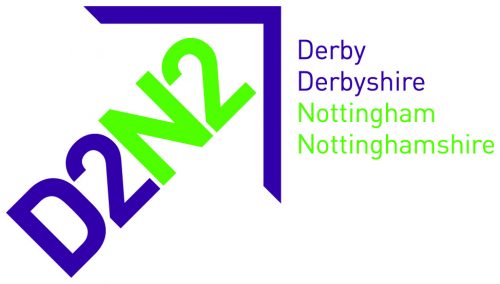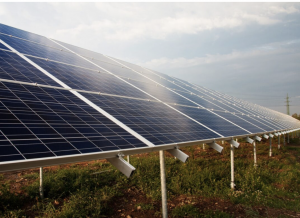East Midlands welcomes the largest hydrogen hub in the UK

The former ‘Megawatt Valley’ is transforming into a hydrogen hub called East Midlands Hydrogen.
This initiative aims to develop a large eco-friendly hydrogen system that reduces industrial pollution and safeguards manufacturing jobs.
The partners in East Midlands Hydrogen will attract continuous investment, introduce new skills, and foster job growth in the hydrogen industry for the region.
D2N2 Local Enterprise Partnership, Cadent, and some of the region’s leading organisations such as Uniper, Toyota, Midlands Engine, East Midlands Freeport and Leicester and Leicestershire Enterprise Partnership have formed the new industrial partnership, East Midlands Hydrogen.
This partnership connects around 70 industrial sites in Nottinghamshire, Derbyshire, and Northern Leicestershire, all seeking over 10TWh of hydrogen by 2040 to reduce their carbon footprint.
Just for these sites, switching to low carbon hydrogen could save 1.9 million tonnes of carbon emissions annually, equivalent to emissions from 860,000 homes heated with gas.
According to a PWC report coming out in October, establishing a complete hydrogen supply chain in the East Midlands could add £10 billion to the economy and generate or keep 110,000 jobs by 2050.
On September 22, East Midlands Hydrogen partners and supporters will gather at Toyota Motor Manufacturing (UK) Ltd in Burnaston, Derby to discuss how they can develop the hydrogen industry in the region. The event will feature industry leaders and aims to create jobs, training, and business opportunities while promoting regional development.
Guy Phillips, leader of business development hydrogen at UK Uniper said: “East Midlands Hydrogen is a fantastic collaborative initiative and there’s a really joined up picture developing for hydrogen demand in the region. Uniper’s Ratcliffe site is in a great location with significant potential for low carbon hydrogen production to supply the region’s potential future demand, once the power station has finished generating at the end of September 2024. I’m looking forward to continuing the dialogue with regional stakeholders and partners as we look to transform the Ratcliffe site to a zero carbon technology and energy hub.”








